The concept of an overdue number in the world of lotteries is intriguing and often misunderstood. But is this belief backed by statistical evidence, and can we have a prediction for it? PHTAYA will explain everything you need to know about them, their significance, how to recognize them, and tips for using them in your lottery strategies.
Introduce about overdue number
What is an overdue number? An overdue number refers to a lottery number that has not been drawn for a certain period of time ( it can be called a cold number too). In simple terms, it’s a number that has been absent from the draw for several consecutive rounds. The theory behind it is that they are “due” to appear soon because they haven’t been drawn for a while. This perception arises from a belief that random processes like lottery draws will correct themselves over time, making a cold number statistically more likely to appear soon.
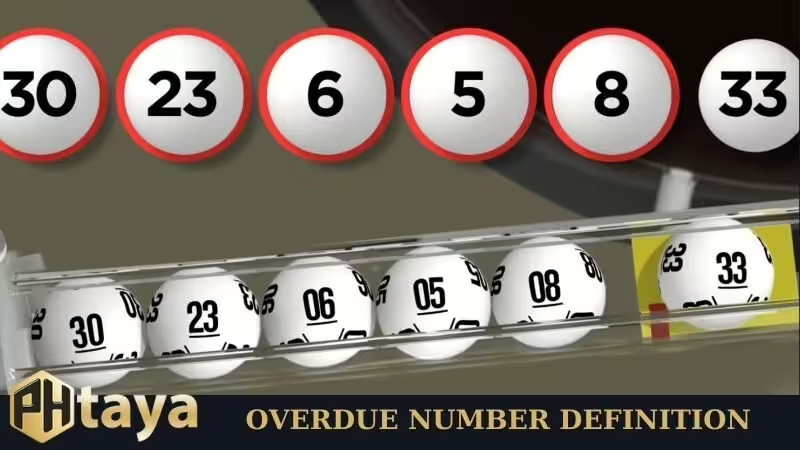
However, it’s important to understand that the lottery is a game of chance, and each draw is independent of the others. The odds of a specific number being drawn are not influenced by previous results, so the concept of a cold number is more psychological than mathematical.
Why do overdue numbers not really exist in the lottery?
Actually, the definition of cold numbers is ambiguous and with some players, it doesn’t even exist. Why? Let PHTAYA Lottery explain to you:
Randomness of Lottery Draws
Lotteries are designed to be random and fair. Each draw is independent and has an equal chance of selecting any of the numbers in the pool. This means that cold numbers don’t exist in a statistical sense. The likelihood of any number being drawn does not change based on past draws. For instance, if number 7 hasn’t been drawn in the last five rounds, its probability of being drawn in the next round remains the same as for any other number.
Gambler’s Fallacy
The belief in cold numbers stems from the gambler’s fallacy, a cognitive bias that suggests past events can affect future ones. People mistakenly think that if a particular number hasn’t appeared for several draws, it’s more likely to appear soon. However, each draw is a fresh random event and is not influenced by the history of previous draws.
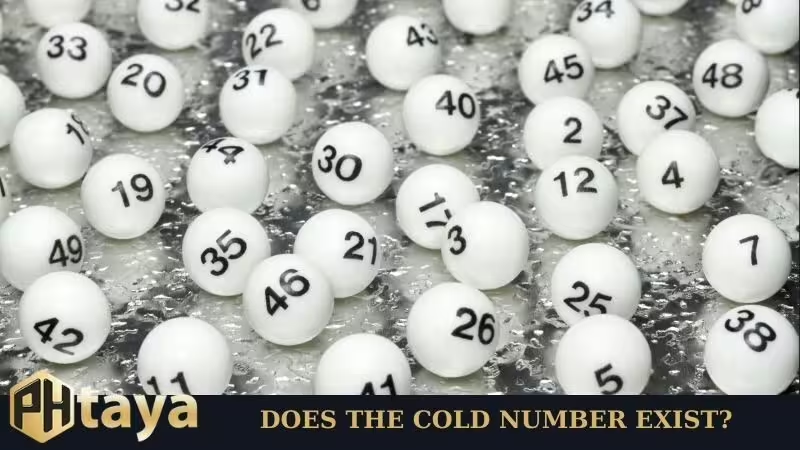
Can we have an overdue number prediction?
While the idea of predicting cold numbers is appealing, it’s not based on statistical evidence. Predicting these numbers accurately is not feasible due to the purely random nature of lottery draws. The cold number concept is more about speculation than science.
Limitations of predictive models
Many players attempt to create overdue number prediction models based on historical data and patterns. However, such models are inherently flawed because they rely on past results that have no bearing on future draws. The random and independent nature of lottery draws means that no pattern can be reliably predicted.
What overdue number statistics tell us
Statistics can help track the frequency and timing of number appearances, but they don’t provide predictive power. Overdue number statistics can show which numbers have been drawn less frequently, but they don’t offer insight into when or if they will appear again.
Is there any sign of coming overdue number?
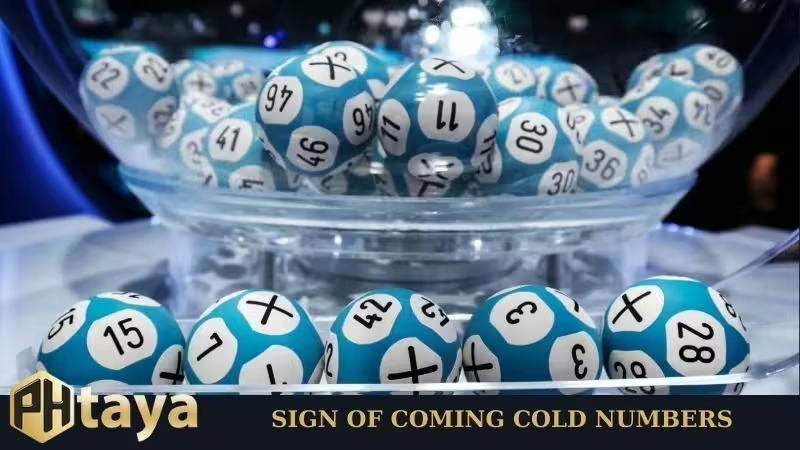
While there’s no scientific way to predict cold numbers, some players believe in certain signs or signals that might indicate a cold number. These include:
- Frequency of Appearance: Numbers that haven’t appeared for several draws might be seen as overdue.
- Cold Number Theory: Some players think that cold numbers (numbers that have been drawn less frequently) are more likely to appear soon.
- Tracking Patterns: Some tools and apps track cold numbers and display which numbers have been absent for a certain period. These can be used to guide betting decisions, but they are not definitive predictors.
However, these are not reliable methods, as lottery draws remain random events. There’s no actual evidence that a cold number will be drawn soon.
Should we bet on an overdue number?
Deciding whether to bet on cold numbers is a personal choice and largely depends on individual beliefs and risk tolerance. Here are some considerations:
- Risk vs. Reward: Betting on cold numbers can be tempting, but the odds are still against you. Even if a number seems overdue, its probability of being drawn is not significantly higher than any other number.
- Psychological Appeal: Some players enjoy the thrill of betting on numbers they perceive as overdue, seeing it as a form of betting based on intuition.
- Strategy and Probability: Betting on cold numbers might be part of a broader strategy that includes other methods like hot numbers (frequent numbers) and number combinations. However, no single strategy guarantees success in lottery betting.
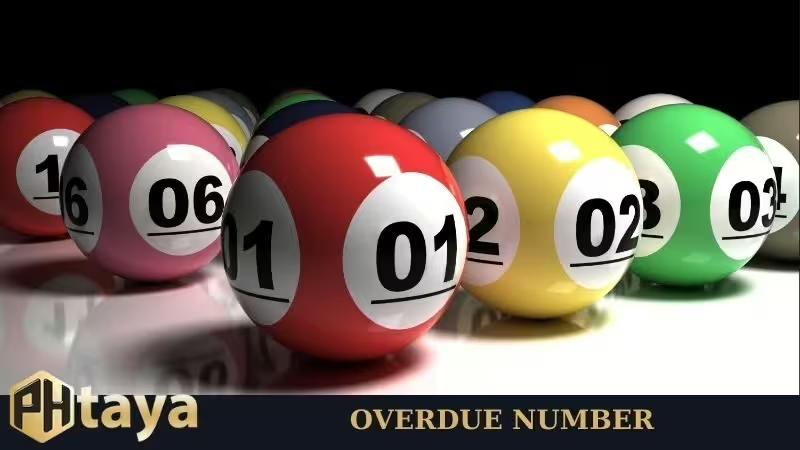
Tips to bet on overdue number
If you decide to include cold numbers in your betting strategy, here are some tips to consider:
- Combine with Other Methods: Don’t rely solely on cold numbers. Use them alongside hot numbers and patterns to diversify your bets.
- Track Long-Term Trends: Monitor cold numbers over a longer period. Look for patterns or cycles, but keep in mind that these can be misleading due to the random nature of draws.
- Use Analytics Tools: Some online platforms and apps track cold numbers. These can be useful for tracking the frequency of certain numbers, but remember that they don’t guarantee any specific outcome.
- Set Realistic Expectations: Understand that betting on cold numbers is not a surefire way to win. Be prepared for the possibility that your strategy may not yield immediate results.
Conclusion
The concept of overdue numbers can add an interesting layer to lottery betting, but it’s important to approach it with realistic expectations. While overdue number prediction may seem appealing, the lottery remains a game of chance where past draws do not influence future ones.Betting on cold numbers can be a personal choice, but it should be done with a clear understanding of the inherent risks.
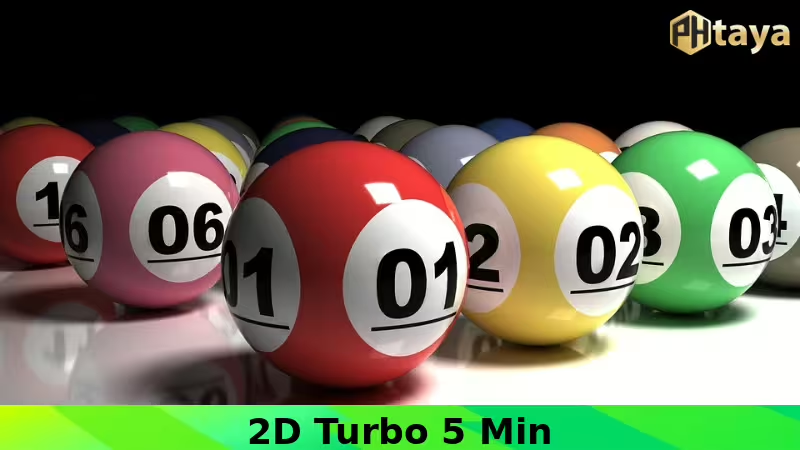 2D Turbo 5 Min – Experience the Hottest Lottery Game 2025
2D Turbo 5 Min – Experience the Hottest Lottery Game 2025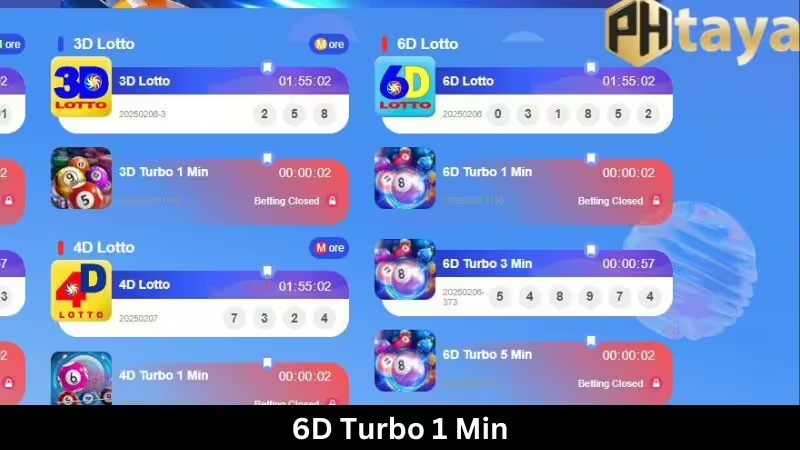 6D Turbo 1 Min PHTAYA – Play Lottery Super Fast, Win Big
6D Turbo 1 Min PHTAYA – Play Lottery Super Fast, Win Big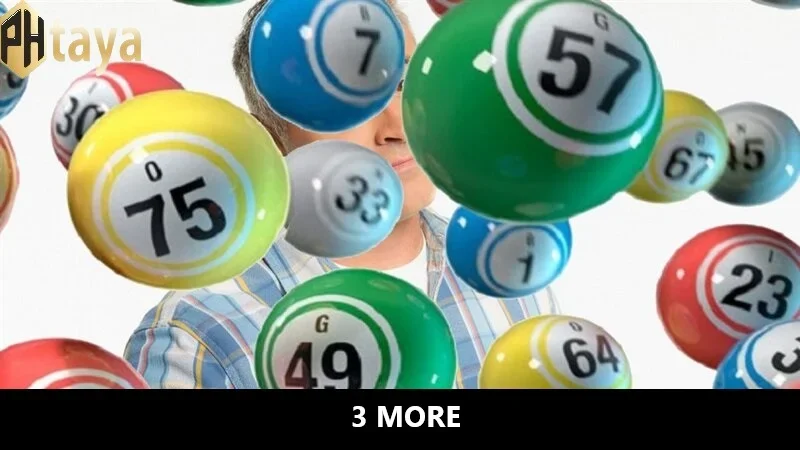 Discover the World of 3 digit lottery Numbers – Dramatic Lottery Tactics
Discover the World of 3 digit lottery Numbers – Dramatic Lottery Tactics